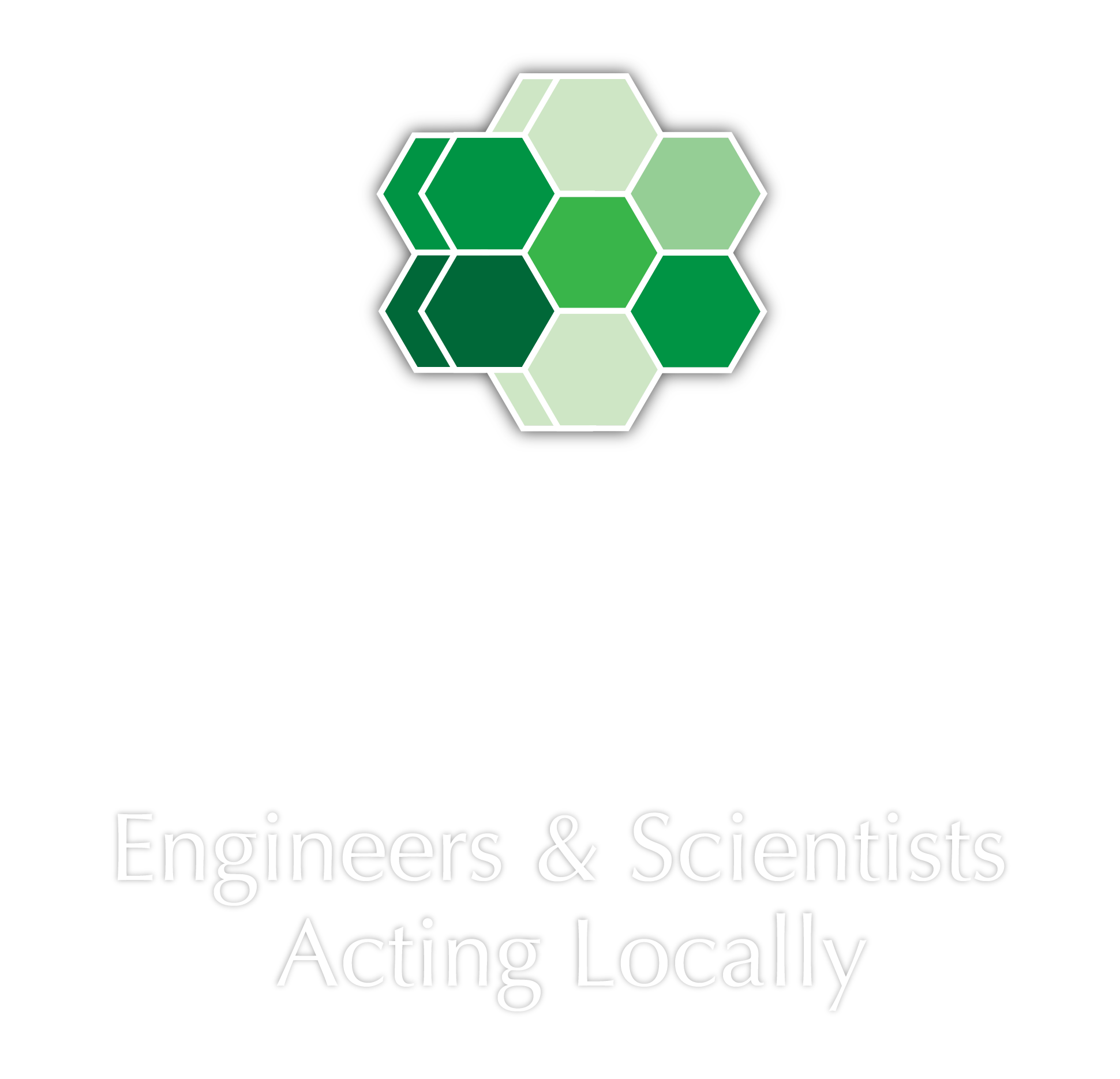This summer, Engineers and Scientists Acting Locally (ESAL), the Institute for Tribal Environmental Professionals (ITEP), and the Geological Society of America (GSA) co-hosted a three-part panel series titled “Power & Indigeneity.” Read about Part 3 of the series, which featured panelists who are empowering Indigenous communities to leverage clean energy development opportunities.


